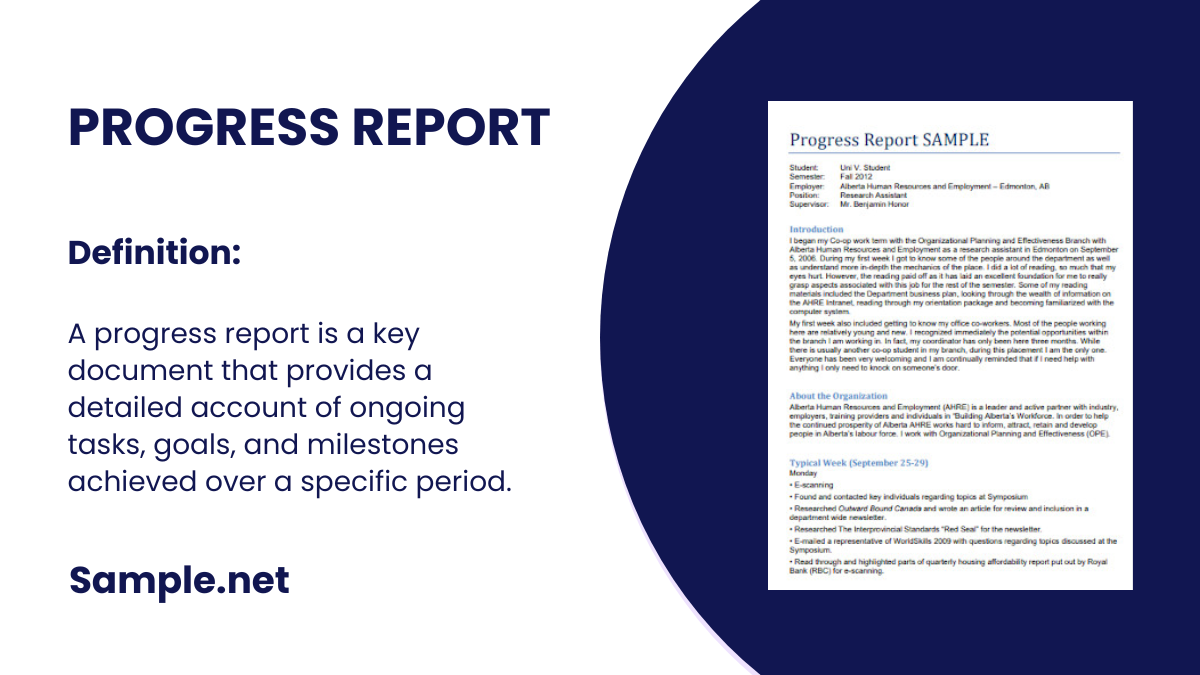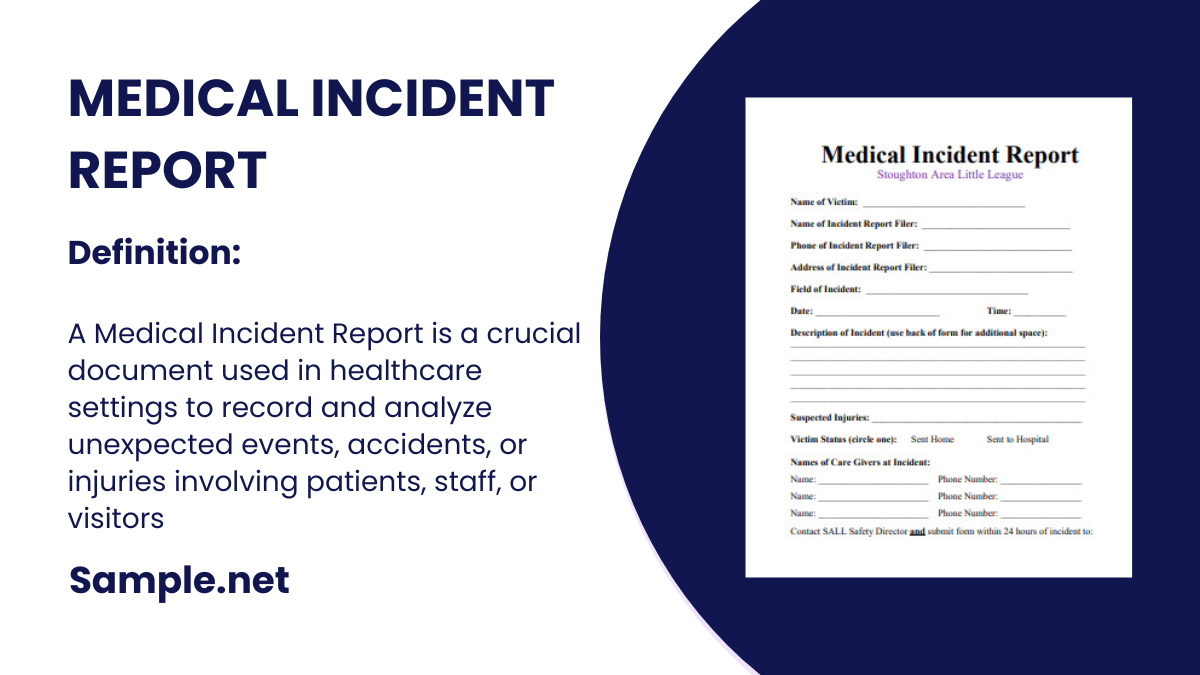A progress report is a key document that provides a detailed account of ongoing tasks, goals, and milestones achieved over a specific period. It helps stakeholders track project development,…
continue reading
50+ Sample Validation Report
-
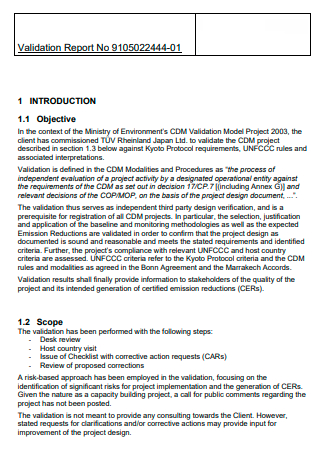
Validation Report Template
download now -
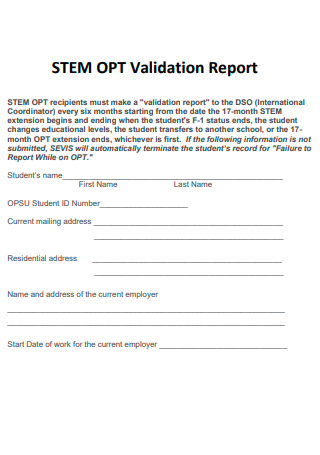
Basic Validation Report
download now -
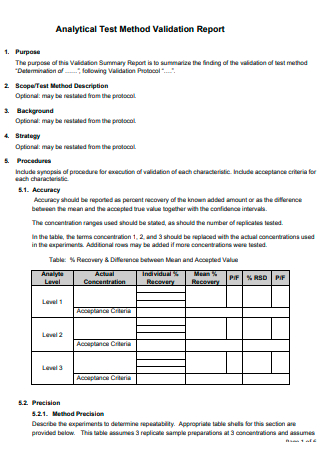
Analytical Test Method Validation Report
download now -
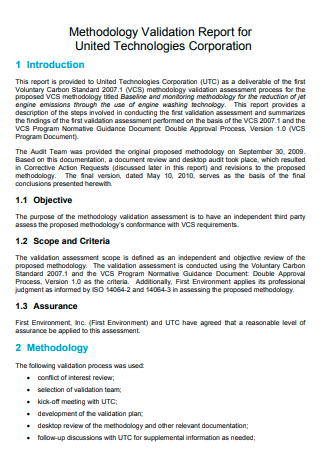
Technologies Corporation Validation Report
download now -
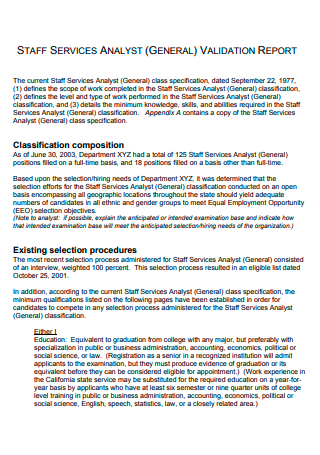
Staff Services Analyst Validation Report
download now -
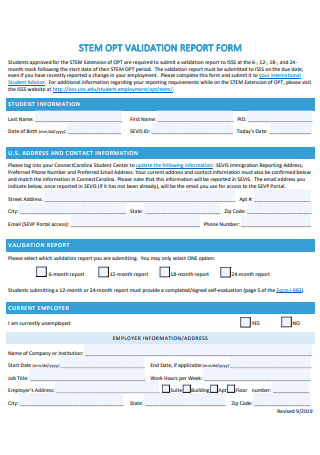
Validation Report Form
download now -
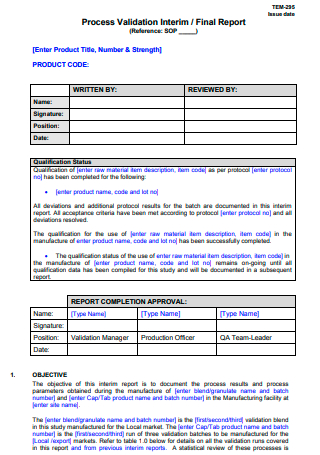
Process Validation Interim Final Report
download now -
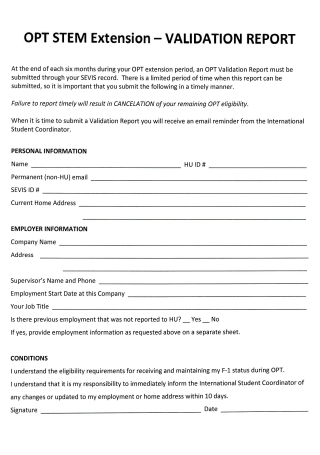
Extension Validation Report
download now -
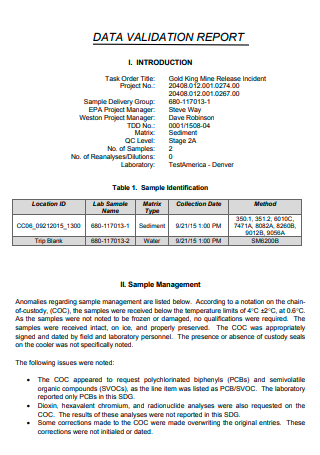
Data Validation Report
download now -
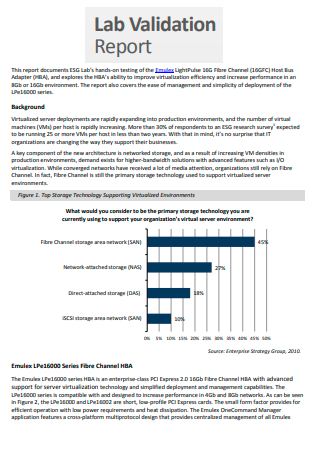
Lab Validation Report
download now -
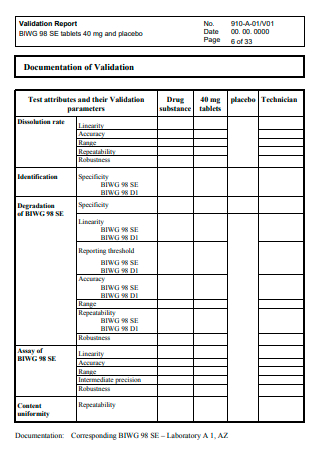
Standard Validation Report
download now -
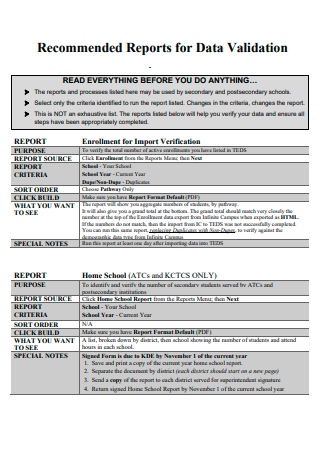
Data Validation Recommended Report
download now -
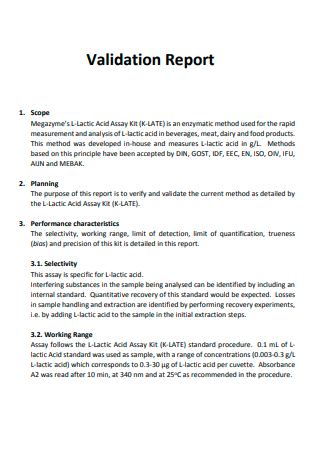
Validation Report Example
download now -
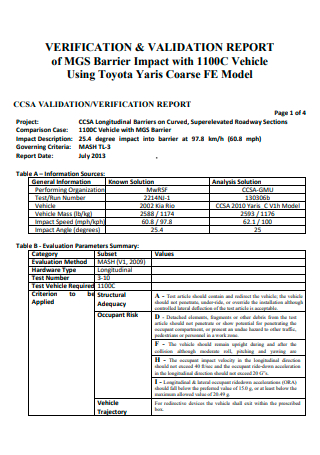
Verification and Validation Report
download now -
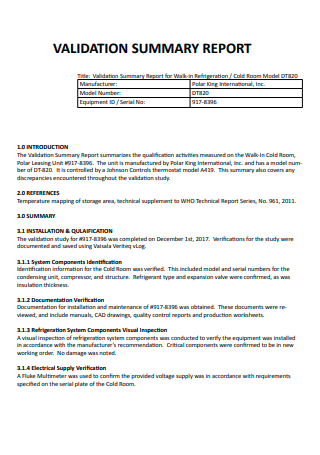
Validation Summary Report
download now -
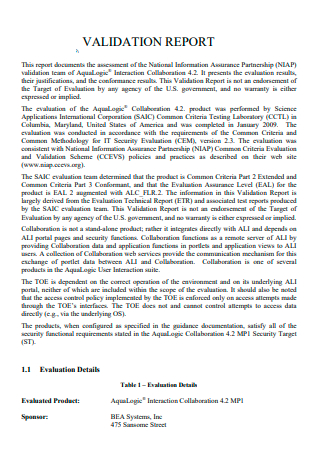
Validation Report in PDF
download now -
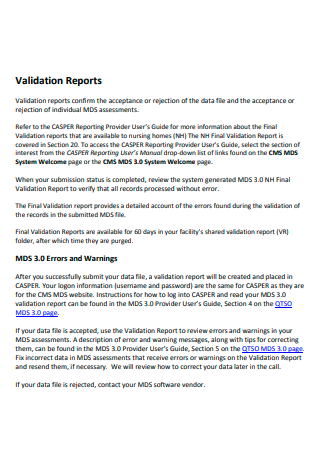
Printable Validation Report
download now -
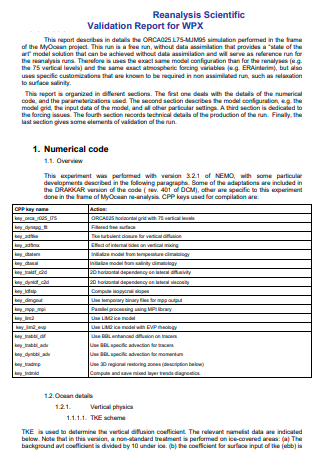
Scientific Validation Report
download now -
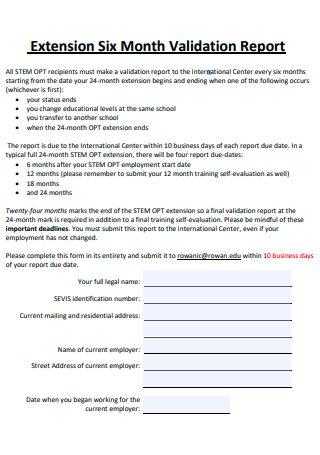
Extension Six Month Validation Report
download now -
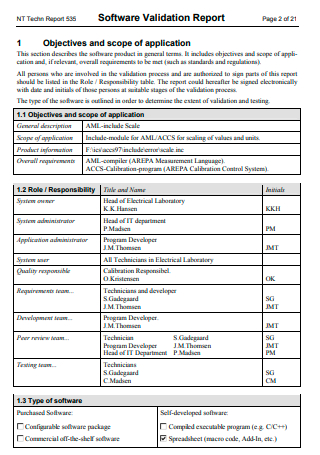
Software Validation Report
download now -
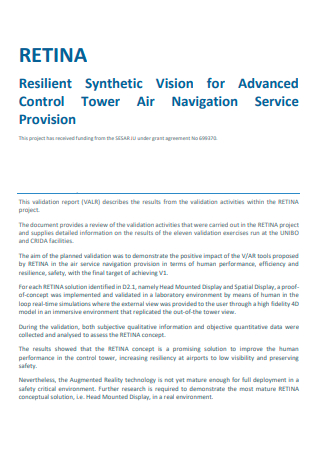
Retina Validation Report
download now -
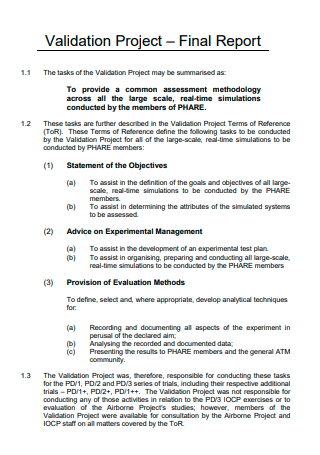
Validation Project Final Report
download now -
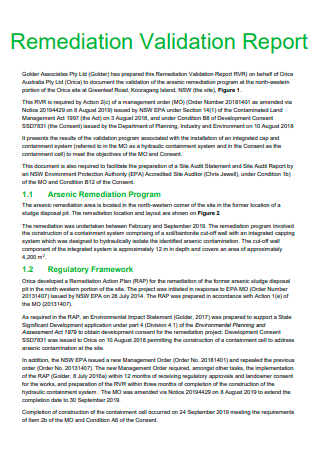
Remediation Validation Report
download now -
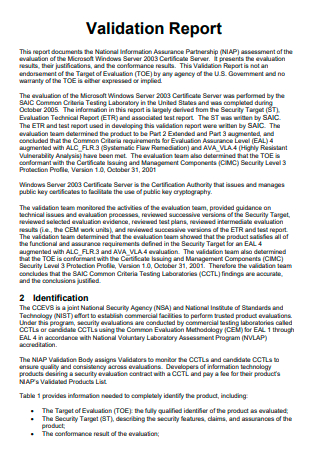
Formal Validation Report
download now -
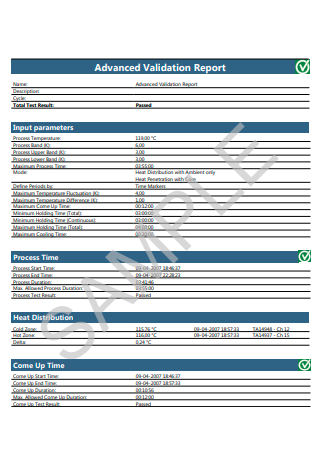
Advanced Validation Report
download now -
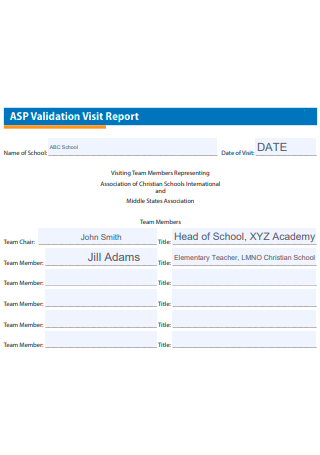
Validation Visit Report
download now -
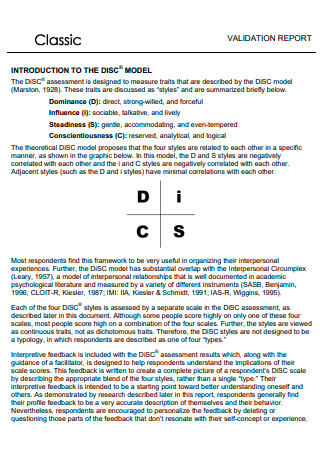
Classic Validation Report
download now -
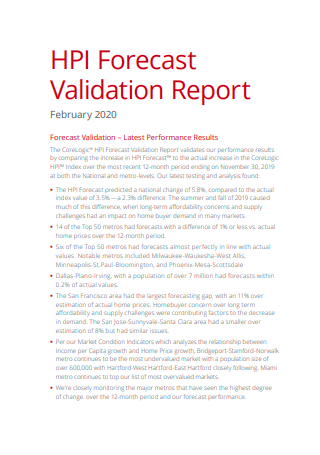
Forecast Validation Report
download now -
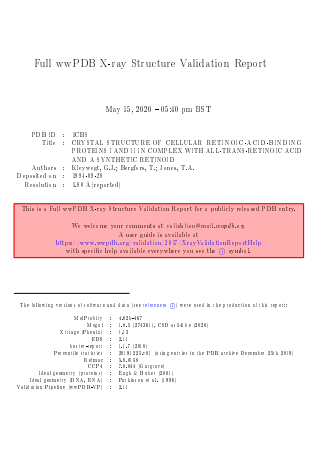
X-ray Structure Validation Report
download now -
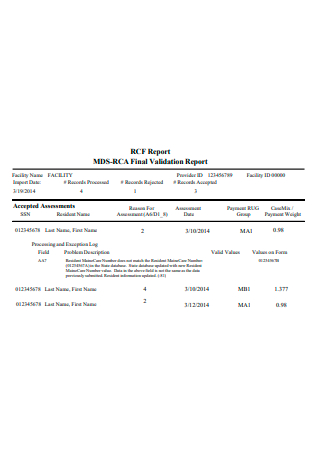
Final Validation Report
download now -
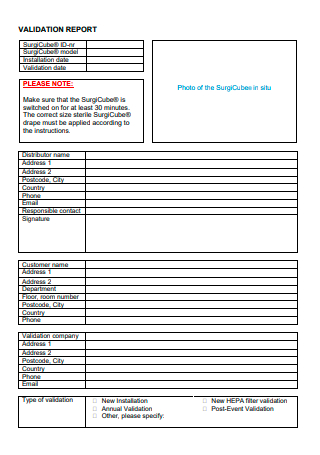
Sample Validation Report
download now -
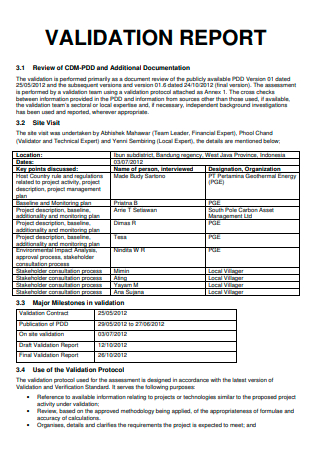
Draft Validation Report
download now -
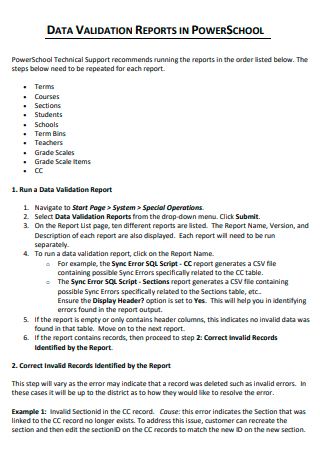
Data Validation Report in Power School
download now -
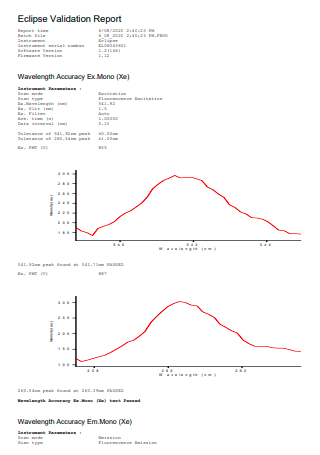
Eclipse Validation Report
download now -
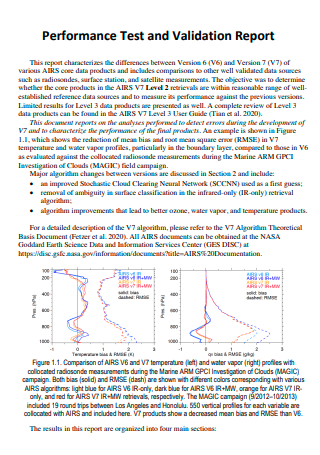
Performance Test and Validation Report
download now -
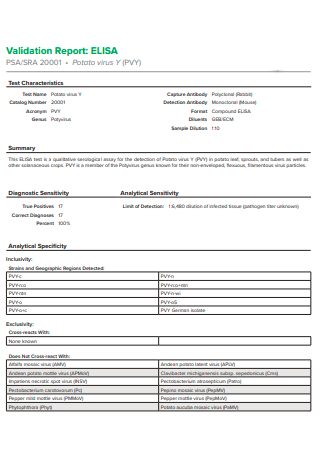
Validation Report Format
download now -
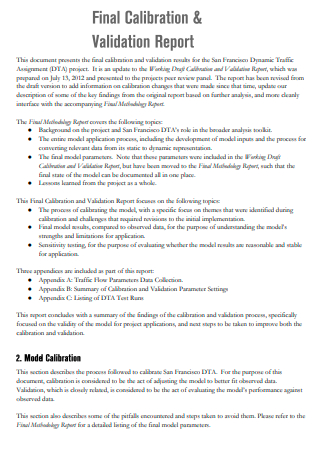
Final Calibration and Validation Report
download now -
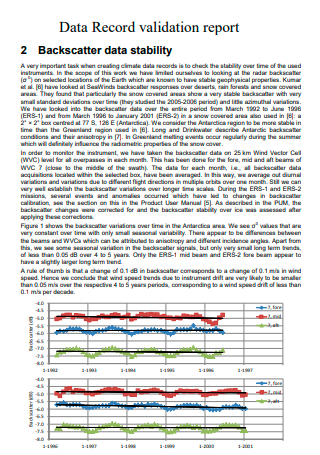
Data Record Validation Report
download now -
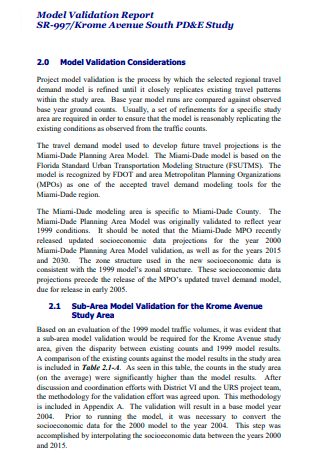
Model Validation Report
download now -
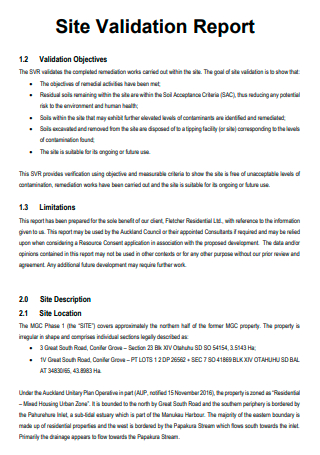
Site Validation Report
download now -
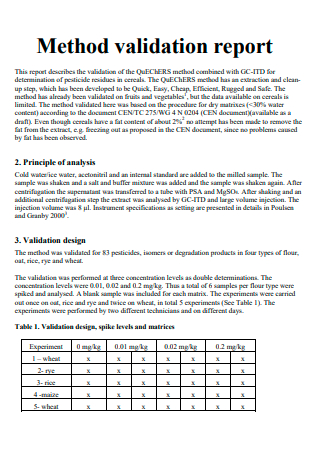
Method Validation Report
download now -
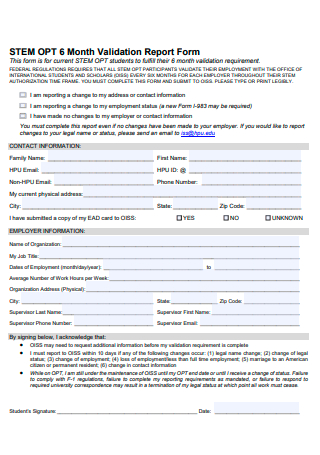
6 Month Validation Report Form
download now -
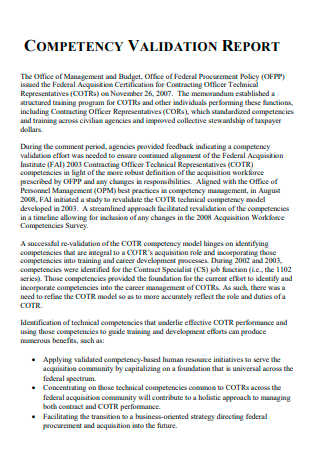
Competency Validation Report
download now -
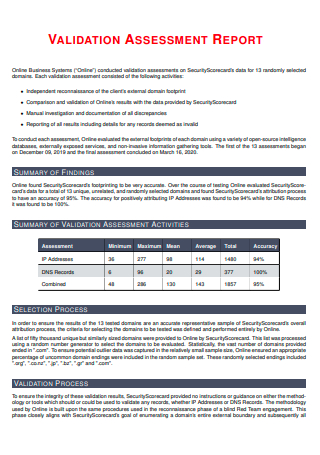
Validation Assessment Report
download now -
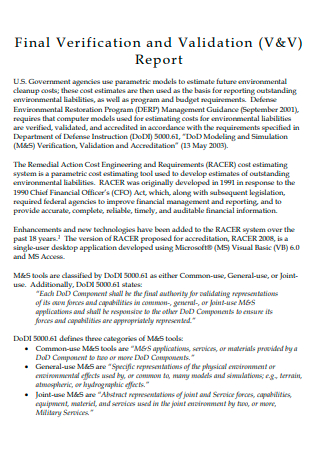
Final Verification and Validation Report
download now -
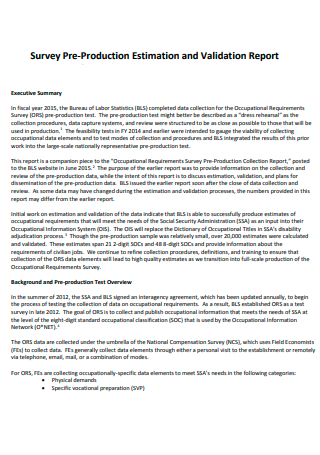
Survey Pre-Production Estimation and Validation Report
download now -
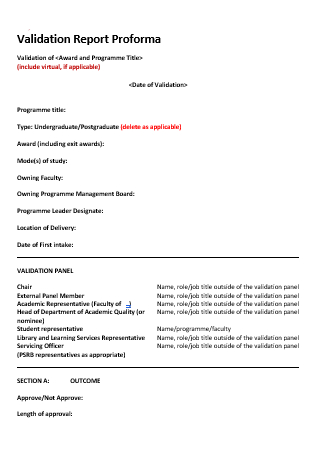
Validation Report Proforma
download now -
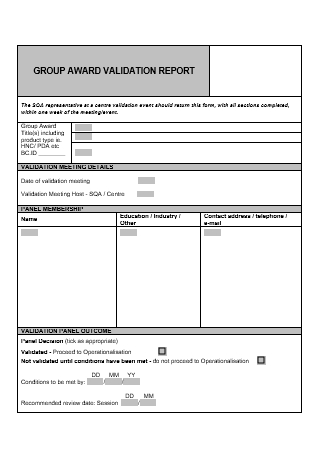
Group Award Validation Report
download now -
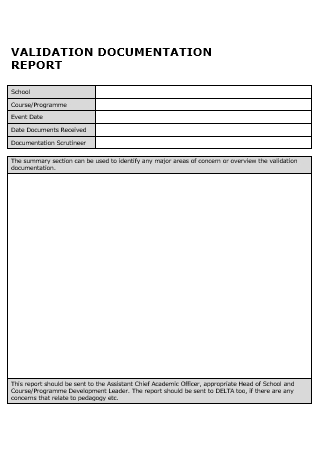
Validation Documentation Report
download now -
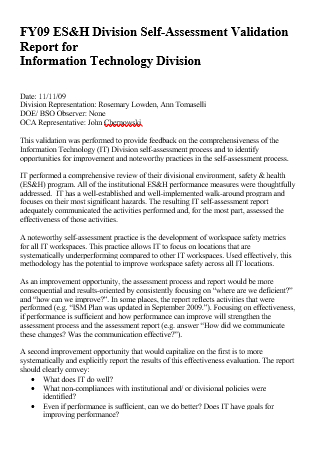
Division Self Assessment Validation Report
download now -
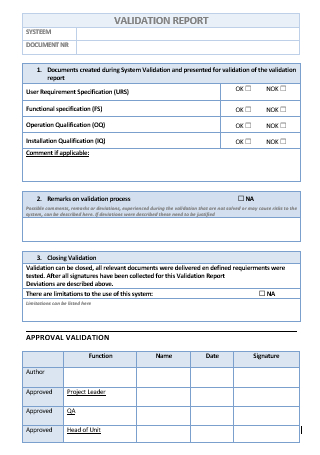
Validation Report in DOC
download now
What is a Validation Report?
A validation report is a well-integrated document that clearly provides sufficient information on the records, outcomes, and thorough evaluation of a product or process validation. It is a beneficial communication tool that helps professionals in wide-ranging sectors such as researchers, project managers, product developers, designers, IT software developers, and many others to gain an understanding of the overall analysis and validation efforts and the obtained results. Developing this report with a validation checklist is integral so that the project managers and the management are able to examine a certain project activity and prove its accuracy, efficiency, and validity, allowing its potential release for operational use.
A 2021 statistical report revealed that businesses and organizations that highly focus on data see an average annual revenue increase of 5.32% due to improved data use and 62% of retailers stated that they are having a competitive advantage from information and data analytics. One of the crucial steps in data and analytics workflows in many businesses is the data validation process. Thus, all types of data analysts and professionals such as market researchers, software analysts, designers, engineers, project managers, and many others should record and analyze the validity of their data, products, processes, tasks, and other projects that need comprehensive validation checks when they make a clear and systematic validation report.
Different Types of Validation Reports
There are eclectic types of validation reports out there that are used by various project managers, analysts, and evaluators in various companies, institutions, and organizations to meet and exceed their potential. Be well-informed about the different types of validation reports because the standard format and your style of writing are determined by the type of validation report you will create.
1. Data Validation Report
A data validation report is a type of validation report that helps project managers and analysts to verify the data collected from their processes and projects. It is designed to serve as an assessment tool for qualitative data analysis for the data report, informing the manager and user whether the data sources are accurate and valid. It is included in the corrective process if the initial evaluation shows inaccuracies as it emphasizes where inaccuracies are happening. After data validation, the evaluated data sources can be utilized well in other processes. So, this report identifies each characteristic and constructs a record that comprises a data field for each one, helping the evaluators to check whether the record is reportable and classified appropriately.
2. Software Validation Report
Project managers, analysts, and software developers create a software validation report to describe the main objectives and the scope of application, the role and responsibility of each member involved in the validation process such as the system owner, system administrator, application administrator, program developer, and technicians, and other major components related to the validation of the software being evaluated. Also, indicate the type of software whether it is purchased software or self-developed software.
3. Process Validation Interim Final Report
The interim or final report of the process validation provides important details of a product’s validation process such as qualification status and approval of the report completion. Indicate the item code and description of the product being evaluated for validation and explain if it reached the quality standards or not. Also, inform the readers of your report that the validation process remains ongoing until all the qualification data has been collected for the study and will be recorded in a subsequent report.
4. Validation Summary Report
A validation summary report is a brief and simple document that contains the introduction, references, summary or overview, installation and qualification, identification of system components, verification of documentation, visual inspection report of product system components, and many other essential aspects related to the product analysis and verification. It summarizes the qualification activities measured based on the quality standards.
Benefits of a Validation Report
Research studies have shown that 97.2% of companies and organizations are increasing their investment in big data and business analytics, as well as in making a business model report and an analysis or validation which include the validation processes in data, products, processes, and others. Preparing a cohesive validation report provides some notable benefits for the management and the user.
How to Write a Validation Report
A validation report can effectively outline the fundamental components of a specific work or production process. Do you have a concern in report writing which makes you feel stressed and not sure where to begin? There are some easy-to-follow tips that indicate how to design and write a professional validation report:
Step 1: Make a Cover Page
Identify the essential components on the cover page of your validation report: the number and title of your business process, the name of product process data validation evaluators and organization, the project manager’s name, and the business or organization name. You may write a concise overview or simple background of your business or organization.
Step 2: Create the Executive Summary
When you create the best executive summary, summarize the fundamental points of the validation report such as the major goals, objectives, anticipated outcomes, methods, and many other aspects of your validation process management and improvement. Provide the program or project interventions and other concerns that will be addressed when your process is being analyzed and verified. Also, describe the beneficial effects of the process validation in your report.
Step 3: List the Member Names of the Validation Process Evaluation Team
List down the names of all the members or participants in the validation program, as well as the professionals in charge of the process or product validation program such as the staff, project managers, program developers, and technicians. Specify their key roles in the project and the overall workflow process and their responsibilities.
Step 4: Describe the Approach, Methods and Tools
The next step is you need to fully describe the primary methods and tools used for the validation process. Also, construct a simple scope for your validation performed. For example, a risk-based approach has been utilized in the validation. This is due to the significant risks and concerns arising for project execution.
Step 5: Proofread, Revise, and Prepare the Final Validation Report
Review your entire validation report and see if you fully add all the key elements in your report. If you see that you overlook some sections that need adequate points, edit and revise the document carefully. Check the grammar, spelling, and typographical outline of the validation report. After the proofreading and revision process, you can now prepare the final validation report. Skim your validation report for the last evaluation and quality check.
FAQs
Some examples of a validation report are an analytical test method validation report, formal data validation report, performance test validation report, site validation report, software validation report, process validation interim final report, validation assessment report, division self-assessment validation report, summary valuation report for validation, and science lab validation report.
The basic elements of a validation report are a clear description of the validation project, project scope, major details on all the performed test cases and whether they are passed without any problem, and information on all reported deviations, and how they were solved.
The primary stages of process validation are process design, process qualification or process validation, and continued process validation. Process design is the research and development stage which involves defining a process for product manufacturing. It includes the creation of a Quality Target Product Profile (QTPP), determining Critical Quality Attributes (CQAs), specifying Critical Process Parameters (CPPs), and performing comprehensive quality risk assessments. Process qualification is the stage that evaluates and qualifies the process to guarantee that it can reproduce consistent and optimal quality levels. It involves gathering and examining data on all aspects and phases of the manufacturing process. Lastly, the continued process verification is the stage that aims to detect and resolve process drift through ongoing validation of the product sampling, analysis, and verification at some critical points in the process.
The different types of data validation checks are consistency validation checks, code validation checks, data type validation checks, format validation checks, and uniqueness validation checks.
Creating a validation report is important because it is an essential document that contains vital information on the data collection and evaluation from the manufacturing or production process design stage. It shows the scientific evidence that a process or a device can deliver consistently a top-quality product.
What are some examples of a validation report?
What are the basic elements of a validation report?
What are the primary stages of the process validation?
What are the different types of data validation checks?
Why is creating a validation report important?
In order to enhance data, product, process, or project quality, businesses and organizations use some data validation techniques such as data-issue tracking, data certification, verification of ongoing source-to-source, verification of source system loop, data issue tracking, statistics collection and workflow management and write an easy validation report. It is fundamental that you always apply the reader-centered approach to be successful in your validation report writing. So, here are some of our downloadable and printable process project report samples available in PDF formats such as the validation report, and validation process review annual report.
